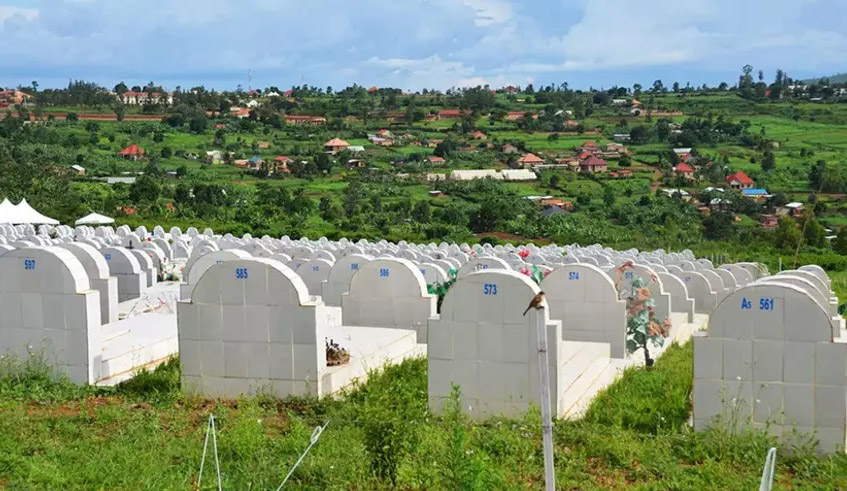

Human beings have an inherent desire to have the final say with regard to how their assets are managed and distributed at all phases of life and a will can come in handy in helping achieve this goal after their demise.
A will is a document generated ( by a creator or testator), to outline one’s wishes in relation to what should happen with regard to the distribution of his/her assets in the eventuality of his/her death.
It is made prior to the creator’s death and it gives them the opportunity to decide on what happens with their property once they are gone; from who gets what to who will be in charge of the distribution process.
Failure to prepare a will leaves the decisions concerning one’s property in the hands of parties such as judges or government officials and could become a source of conflict among surviving family members.
Planning ahead saves your loved ones these inevitable uncertainties and lessens the hardship on their shoulders when you die.
Another positive aspect of a will is that it is amendable from time to time as long as its creator is still alive. This means that if one wishes to make any adjustments, they can always do so.
How to prepare a will
Rwanda recognises two kinds of a will; first, one written before the Civil Registrar or certified notary, in legal terms known as authentic will, and second being the one handwritten by the creator (or someone he/she appoints) also known as private will. For the second category, two witnesses or more have to sign on it for its validity.
To be able to draw a will, a person has to be 18 years of age or older, and of sound mind at the time of making the will. If you meet all the legal criteria and want to make a will, the first step is to prepare an inventory of all your assets, then identify how they intend to be inherited if they were to pass on, on the same day.
The next step is to choose a person/entity that will be in charge of apportioning the assets to the beneficiaries.
This person/institution may be your lawyer or accountant, a family member, a government official, a trustee company, a financial institution, or any other person you can trust.
Another important step is to make a draft and put all your discoveries in writing. The final step is to decide what type of will you want: either authentic or private. At this level, it is recommended to go with authenticity, drawn before the Civil Registrar Officer or notary [at your residence] because it’s easy to enforce it, and it is kept in the government office which guarantees its security and its confidentiality until its disclosure.
Authentic will is similarly hard to contest against compared to a handwritten one and if need be hire a succession lawyer to help you avoid any grave mistake that might occur during the process.
A Rwandan living abroad who wishes to make a will may use the procedure adopted in the country she/he is staying in or just follow the Rwandan one.
To illustrate this, let’s suppose that you are New York, USA based and want to make a will; you have two options at your disposal. You may choose to follow procedure established by the New York laws which only recognize wills written wholly in the creator’s handwriting and witnessed by at least two people (this is also the procedure for private wills under Rwandan laws), or follow Rwandan procedure. For you to make an authentic will, you may need to visit the Rwandan embassy in the US.
If you are a foreigner living in Rwanda, you can also make a will either by following the procedures under the Rwandan laws or those of your country of origin. However, it is prudent to use procedures adopted in the country where the will is going to be enforced (if applicable).
It is worth noting that wills are revocable legal documents and subject to an overturn by a court of law in case any interested party seized it and the court establishes that the will in question is the result of duress, fraud or does not conform to the applicable laws. This is one of the main reasons it is always worthwhile to be extra careful when making a will.
Something else to be mindful about when making a will is that if you are married under the community of property regime or limited community of property regime in regards to the shared assets, you have to consult your partner on the same for his/her consent which must be expressed in writing.
While estate planning through a will can be a complex and tiresome process sometimes, investing the time now will protect your assets and help eliminate heated conflicts and the possibility that someone you care about goes without your support in the future when you are no longer around.
The views expressed in this article are of the author and do not constitute legal advice. Please seek professional advice in relation to any particular matter you may have.
The writer is a corporate and commercial lawyer and Trainee Associate at K-Solutions & Partners.
Email; felix@ksolutions-law.com


